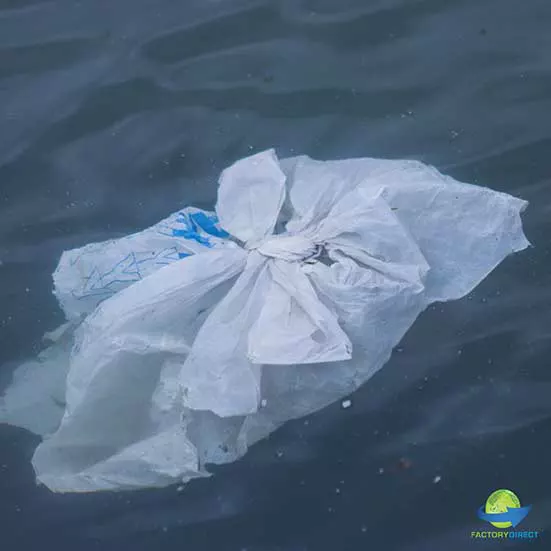What Are Microplastics and Why Do You Need to Know?

Understanding the Impact of Plastic Particles Can Help Us Help the Environment and Our Food Chain
Plastic is everywhere and such a common part of modern life. While plastic provides useful value, it also leads to a variety of problems. One unintended consequence of all these products made from plastic is microplastics.
Defining Microplastics
Plastic production in the U.S. ramped up in the 1950s and recycling has never kept pace. So much of the plastic produced is still with us in its original form, some estimates indicate that only 10 percent of the plastic that has been produced has been recycled.
Microplastics are small plastic particles that measure less than 5 millimeters in length. These tiny plastic pieces are debris. Microplastics form when plastic litter breaks down. When a single-use plastic bag or any other plastic item becomes litter and is exposed to the elements, the item will break apart into smaller and smaller pieces. Eventually, the pieces will become so tiny, they land into the distinction of microplastic.
Ocean Litter
Litter can happen anywhere, so microplastics can also end up anywhere. However, microplastic appears to be a bigger problem in the oceans and our Great Lakes. As litter is tossed around in the ocean it speeds up the process of the plastic litter breaking apart into smaller and smaller pieces.
Personal Care Industry
Another source of microplastics is the personal care industry. Different types of face wash, toothpaste, and other products may include microbeads. These microbeads are intended to exfoliate the skin or help clean teeth. Microbeads are microplastics, these polyethylene plastic pieces are so small that when they are washed down the drain and end up at water treatment centers they easily pass through filters. Once they get past filtration systems they can end up anywhere. Because of this congress passed the Microbead-Free Waters Act which was an act to amend the Federal Food, Drug, and Cosmetic Act to prohibit the manufacture and introduction or delivery for introduction into interstate commerce of rinse-off cosmetics containing intentionally-added plastic microbeads.
Food and Drink
There is yet another way microplastics can pose a problem. Tiny plastic pieces and chemicals from plastic food and beverage containers can leach from the container into the food. Bottled waters have been shown to contain microplastics, as well as food stored and wrapped in plastic.
Prevalence of Microplastics
Studies have found microplastics in the oceans and the Great Lakes. These tiny pieces of plastic show up in just about every place. The problem of microplastics is still relatively new, so while some impacts are now being examined, the full ramifications of this type of litter are not completely understood. However, microplastics have been found in water supplies and in the food chain, which means people are ingesting these tiny pieces of plastic.
What is The Solution?
Microplastics are partly caused by plastic litter. So to reduce microplastics, it is necessary to reduce the use of plastic and the creation of litter. Opting for reusable items will reduce instances of plastic. Taking care to properly dispose of the plastic you do use will help reduce litter. Small changes, like using reusable shopping bags, and avoiding single-use straws, cups, and other items will all have an impact. Trying to purchase items with as little plastic packaging as possible or supporting companies that place their items in recyclable packaging is also advantageous.
Learn More
Come back for our next post to find out what microplastic infiltrating the food chain and water supply means for you. Ingesting microplastic appears to have an impact on health. Learn more when green news happens by signing up for our newsletter. Stay in the know about microplastics, single-use plastic bag bans, and more!
